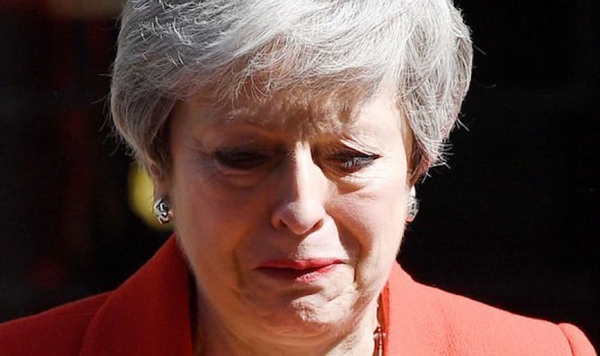The UK’s hidden opioid crisis
Comment writer Calum Drysdale, discusses potential solutions to the UK’s terrible and invisible opioid crisis
The phrase ‘opioid crisis’ has in the past had a Teflon-like quality about it, like ‘civil war’ or ‘theocracy’. These are terms used to describe distant news items. Fentanyl and oxycodone were intangible problems. However, studies by the Organisation for Economic Co-operation and Development (OECD) show that while UK opioid use is still below that of the US, in daily doses per million of population, between 2013 and 2016 Britons increased their opioid consumption more than the citizens of any other country surveyed, excepting those from Israel or Slovakia. The effect of this has been around 2000 fatalities attributed to opioid painkillers every year, an increase of 41% over the last decade.
These lethal pills are not bought through the black market, at least not initially. Instead they are prescribed, usually by GPs, to non-surgical patients who turn to other means to acquire the drugs that they depend on once their prescription runs out. A look across the Atlantic reveals the potential consequences of our current behaviour. In the US more than 130 people die every day from opioid overdoses, largely the consequence of overzealous prescription in the 1990s.
There is no quick-fix solution. Addicts are maligned as junkies looking to secure their next hit of temporary bliss. The reality is that painkiller addicts trying to live normal lives must turn to dealers for the pills they depend on for transient relief. Tragically, overuse of prescription opioids can cause a condition called hyperalgesia, a form of chronic pain. Long-term opioid users can find themselves locked in a cycle of agony from which the only relief is ever larger doses. In trying to provide relief doctors have only exacerbated the problem.
Any response to this growing crisis must be motivated first and foremost by compassion. Neither a tough response that promises to punish people for what has befallen them nor the hand-wringing displayed by Dave Thompson, Chief Constable of West Midlands Police, who refuses to follow the law on cannabis farms for fear of harming people’s “life chances”, will help these victims.
Instead the UK should take a two-pronged approach. Firstly, GP appointments must be lengthened to enable GPs to address the root causes of patients’ pain rather than resorting to prescribing opioids as a catch-all. Pharmacists should also only sell the exact number of pills required by the prescription, to avoid dependency or pills being sold.
Secondly, the Home Office should support Glasgow and other cities, with their plan to open ‘shooting galleries’ to help those whose lives have been destroyed by opioids, by passing the necessary legal amendments. Shooting galleries would provide safe places for drug users to inject or ingest their own drugs, in regulated dosages, with medical staff in attendance. In Portugal these measures have successfully curbed fatal overdoses, the spread of HIV and hepatitis C. The government should be brave enough to break with the previous morally bankrupt policy and embrace data driven methods to avert an epidemic of addiction and broken lives.








